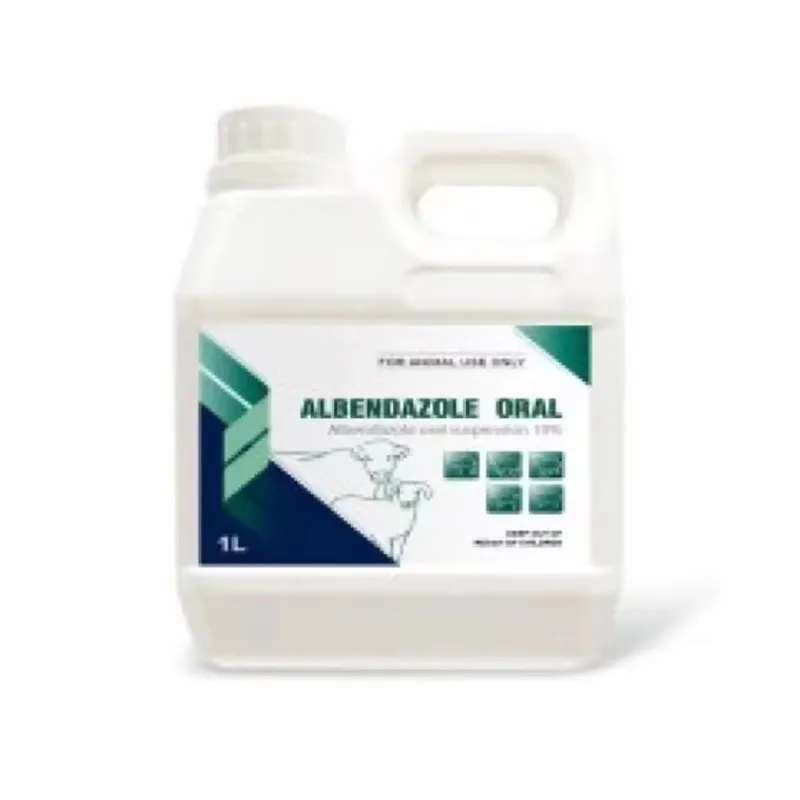- Afrikaans
- Albanian
- Amharic
- Arabic
- Armenian
- Azerbaijani
- Basque
- Belarusian
- Bengali
- Bosnian
- Bulgarian
- Catalan
- Cebuano
- Corsican
- Croatian
- Czech
- Danish
- Dutch
- English
- Esperanto
- Estonian
- Finnish
- French
- Frisian
- Galician
- Georgian
- German
- Greek
- Gujarati
- Haitian Creole
- hausa
- hawaiian
- Hebrew
- Hindi
- Miao
- Hungarian
- Icelandic
- igbo
- Indonesian
- irish
- Italian
- Japanese
- Javanese
- Kannada
- kazakh
- Khmer
- Rwandese
- Korean
- Kurdish
- Kyrgyz
- Lao
- Latin
- Latvian
- Lithuanian
- Luxembourgish
- Macedonian
- Malgashi
- Malay
- Malayalam
- Maltese
- Maori
- Marathi
- Mongolian
- Myanmar
- Nepali
- Norwegian
- Norwegian
- Occitan
- Pashto
- Persian
- Polish
- Portuguese
- Punjabi
- Romanian
- Russian
- Samoan
- Scottish Gaelic
- Serbian
- Sesotho
- Shona
- Sindhi
- Sinhala
- Slovak
- Slovenian
- Somali
- Spanish
- Sundanese
- Swahili
- Swedish
- Tagalog
- Tajik
- Tamil
- Tatar
- Telugu
- Thai
- Turkish
- Turkmen
- Ukrainian
- Urdu
- Uighur
- Uzbek
- Vietnamese
- Welsh
- Bantu
- Yiddish
- Yoruba
- Zulu
10 月 . 17, 2024 11:04 Back to list
tylosin tartrate injection veterinary uses
Tylosin Tartrate Injection Veterinary Uses and Applications
Tylosin tartrate is an antibiotic that belongs to the macrolide class of drugs. It is primarily utilized in veterinary medicine, where it plays a vital role in the treatment of various bacterial infections in animals. This article will delve into the uses, benefits, and considerations associated with tylosin tartrate injection in veterinary applications.
What is Tylosin Tartrate?
Tylosin is derived from the bacterium *Streptomyces fradiae*, and it is effective against a variety of Gram-positive bacteria and some Gram-negative bacteria. As a macrolide antibiotic, it works by inhibiting protein synthesis in bacteria, ultimately leading to their growth inhibition and death. Tylosin tartrate, the salt form of tylosin, is available as an injectable solution, making it easier for veterinarians to administer to animals suffering from infections.
Veterinary Uses
Tylosin tartrate is commonly used in a variety of animal species, including cattle, swine, poultry, and even companion animals like dogs and cats. Here are some key veterinary applications
1. Respiratory Infections Tylosin is often employed to treat respiratory diseases in livestock, particularly in pigs and cattle, where bacterial infections may lead to serious health complications. Conditions such as pneumonia caused by *Mycoplasma* species are commonly addressed with tylosin therapy.
2. Enteritis and Diarrhea Tylosin tartrate can be effective in managing gastrointestinal infections characterized by enteritis and diarrhea, especially in young animals. Tylosin’s effectiveness against certain bacteria responsible for gut infections makes it a vital option in treating conditions such as swine dysentery and other enteric diseases.
3. Skin and Soft Tissue Infections In companion animals, tylosin is sometimes used to treat skin infections and soft tissue infections. Its broad-spectrum activity against various pathogens enables veterinarians to target infections that may not respond to other antibiotics.
4. Weight Gain Promotion In some countries, tylosin is also utilized in livestock feed as a growth promoter. Although this usage is controversial and regulated in many regions, it highlights tylosin's role in improving feed efficiency and overall livestock production.
Benefits of Tylosin Tartrate Injection
tylosin tartrate injection veterinary uses

The injectable form of tylosin tartrate offers several benefits in veterinary medicine, including
- Rapid Action Injectable forms of antibiotics provide quicker therapeutic levels in the bloodstream, which is crucial in acute situations where immediate intervention is required.
- Ease of Administration For animals that are uncooperative or have difficulty eating, injectable medications can be administered with relative ease by trained veterinary professionals.
- Targeted Treatment Tylosin's targeted action against specific bacteria allows for effective treatment while minimizing the impact on beneficial flora in the gastrointestinal tract.
Considerations and Side Effects
While tylosin tartrate is generally safe for use in veterinary medicine, there are important considerations to keep in mind
- Potential Side Effects Common side effects may include gastrointestinal upset, such as vomiting or diarrhea. In some cases, allergic reactions can occur.
- Regulatory Status The use of tylosin in food animals is subject to regulations, and veterinarians must carefully consider withdrawal times before animals are sent for slaughter to ensure food safety.
- Antibiotic Resistance As with all antibiotics, there is a concern about the development of antibiotic resistance. It is essential for veterinarians to use tylosin judiciously and in accordance with established guidelines to mitigate this risk.
Conclusion
Tylosin tartrate injection is a valuable tool in veterinary medicine, effective in treating a range of bacterial infections in various animal species. Its broad-spectrum activity, along with its rapid action and ease of administration, make it a critical part of the veterinary pharmacological arsenal. However, careful consideration regarding its use, potential side effects, and implications for antibiotic resistance is necessary to ensure the health and welfare of animals in veterinary care.
-
The Power of Radix Isatidis Extract for Your Health and Wellness
NewsOct.29,2024
-
Neomycin Sulfate Soluble Powder: A Versatile Solution for Pet Health
NewsOct.29,2024
-
Lincomycin Hydrochloride Soluble Powder – The Essential Solution
NewsOct.29,2024
-
Garamycin Gentamicin Sulfate for Effective Infection Control
NewsOct.29,2024
-
Doxycycline Hyclate Soluble Powder: Your Antibiotic Needs
NewsOct.29,2024
-
Tilmicosin Premix: The Ultimate Solution for Poultry Health
NewsOct.29,2024













